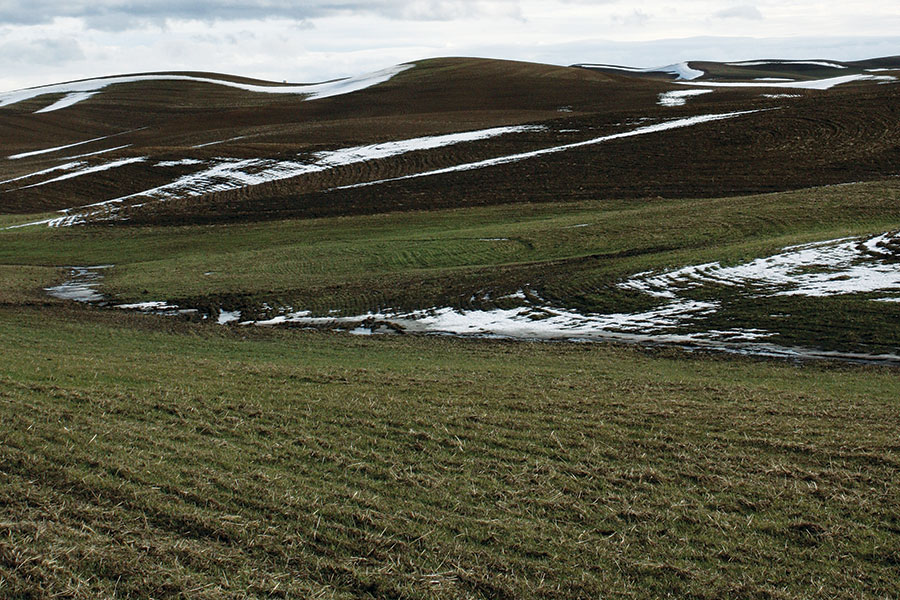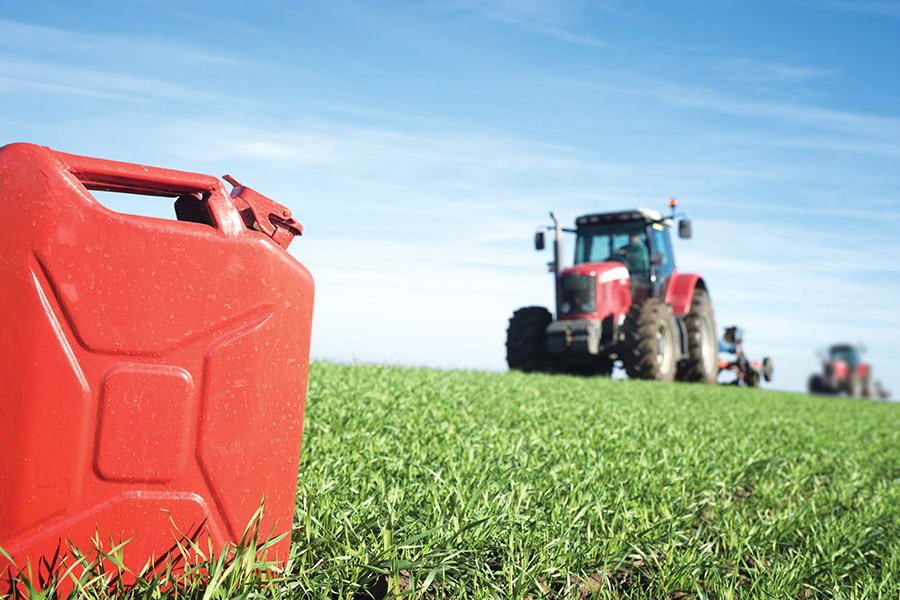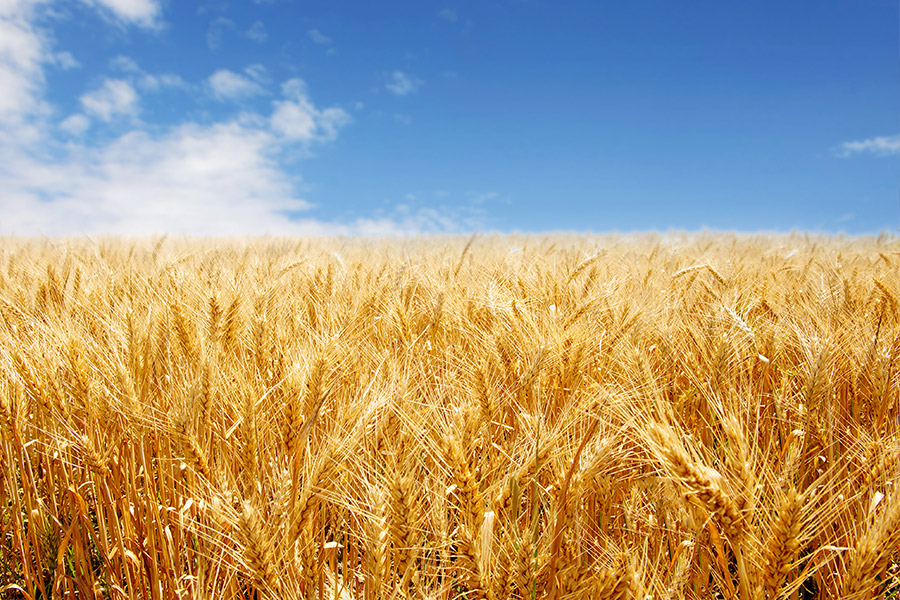Carbon
Cover crop conundrum
With the last administration’s push on climate-smart practices, a lot of attention has been focused on cover crops. But how do you implement a cover crop if your cash crop is winter wheat, and you don’t have many other rotation options? The answer, according to Jake Westlin, vice president of…
Going green to grow green
According to the Environmental Protection Agency, agriculture is responsible for approximately 10% of the U.S.’s greenhouse gas emissions. A Swiss company plans to reduce that footprint by building a zero-carbon nitrate fertilizer plant at the Port of Benton in Richland, Wash. Atlas Agro has its roots in the fertilizer industry….
Pain at the pump
Most Washingtonians are feeling some pain at the pump, but many growers are seeing red, as their on-farm fuel bills are costing thousands more than they should. The culprit is legislation, passed in 2021 and put into action in January 2023, that promised to exempt fuel used on the farm…
Update on carbon markets
Pacific Northwest (PNW) dryland wheat growers often feel like square pegs trying to fit round holes when it comes to programs designed with Midwest farmers in mind. That’s still the case with carbon credit programs. Even as the carbon credit landscape continues to develop, opportunities for Eastern Washington farmers remain…
Carbon market options
To date, most carbon market programs are based on Midwest data and target Midwest growers and growing conditions, but there are a couple open to Pacific Northwest growers. (Please note, the Washington Association of Wheat Growers (and Wheat Life) does not promote or recommend any program over another and presents…
Landrace grains help diversify commodity farmer’s income
Neil Appel and his wife, Liz, have been growing commodity crops on their family’s Dusty, Wash., wheat farm for nearly two decades, but in the last couple of years, they’ve given over some of their acreage to raising landrace grains for Don Scheuerman at Palouse Heritage. Read more about Palouse…
Brothers find success in landrace, heritage grain
Surrounded by a sea of grain, Palouse Heritage is making its own waves in the local and regional food system with their landrace and heritage crops. Located between Endicott and St. John., Wash., Palouse Heritage was established in 2015 by brothers Don and Richard Scheuerman who grew up on a…
A good food fit
As consumer awareness of where and how food is grown continues to increase, some farmers are finding success selling into their local and regional food systems. For more than 25 years, Colette DePhelps has worked with multiple partners in the Inland Northwest to develop community food systems and small farms…
Grant program gets green light
After three years of stop-and-go progress, the Sustainable Farms and Fields (SFF) grant program finally has the green light to start funding climate-smart farming practices across Washington state. “Sustainable Farms and Fields is a brand new program we are rolling out. It is intended to support growers who are interested…
Coolish on carbon
At December’s 2021 Tri-State Grain Growers Convention, two break-out sessions tried to clear the air concerning carbon markets. Shelby Swain Myers, an economist from the American Farm Bureau, looked at the developing national carbon market programs, while Chad Kruger, director at the Washington State University (WSU) Center for Sustaining Agriculture…






















